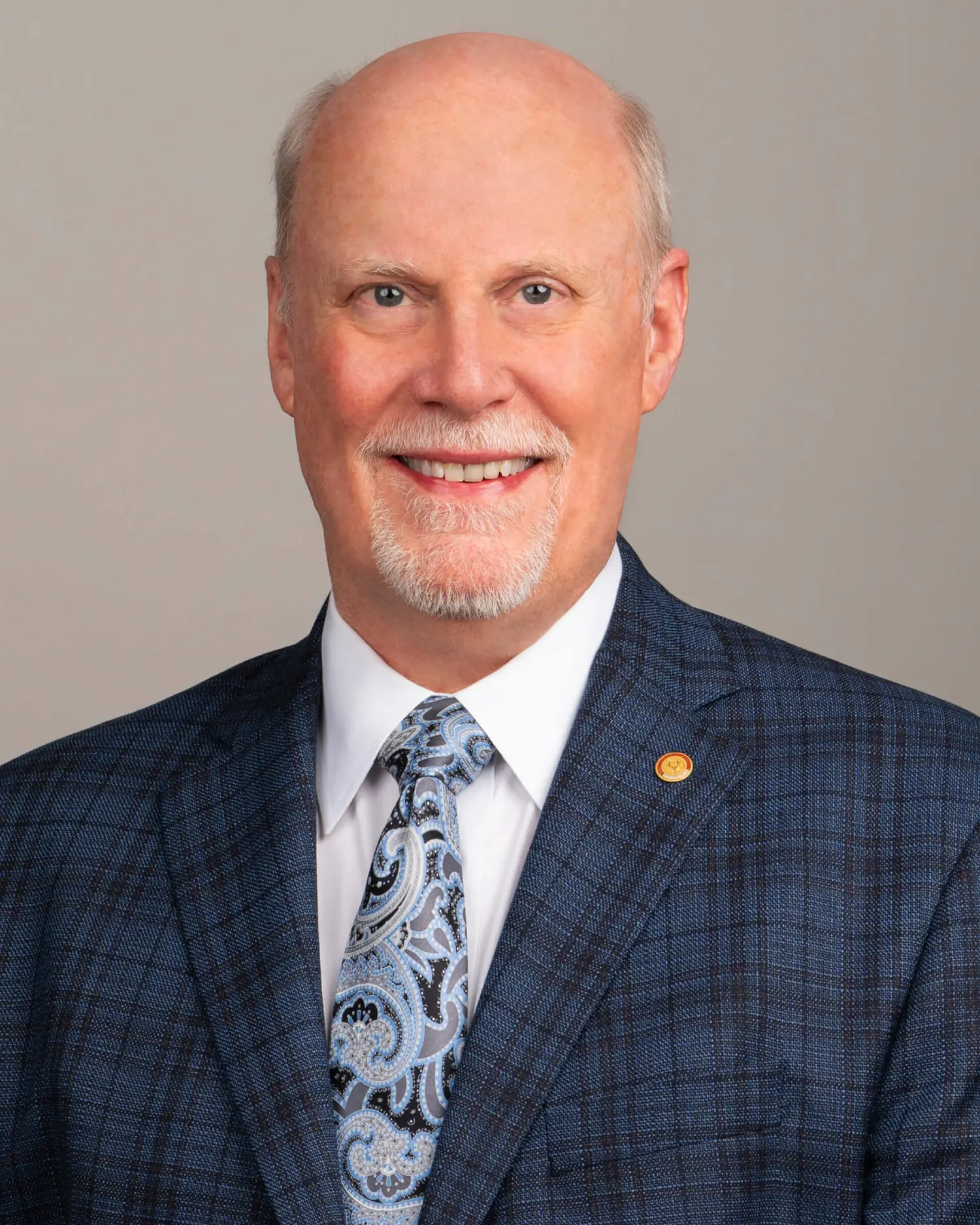Most of us take our mouths for granted, not realizing how complex the structure is. From your jawbone and gums to your teeth and tongue, there are so many elements to care for that to properly diagnose potential issues calls for a specialist. At Texas Oral Surgery Group, we have a team of experts with decades of experience in oral pathology.
We understand that the mouth is a delicate and intricate system, which is why our team of specialists at Texas Oral Surgery Group, led by Dr. Stewart, Dr. Michael, and Dr. Choi, is here to provide thorough and personalized care. We take a comprehensive approach to your oral health, ensuring that each treatment plan is designed to address your specific concerns. With years of experience and a patient-focused approach, we are committed to providing you with the highest quality care in a supportive and compassionate environment.
Oral pathology is a critical aspect of diagnosing and managing diseases that affect your mouth and surrounding tissues. At Texas Oral Surgery Group, we use advanced diagnostic tools and the expertise of our team to help identify conditions early, preventing further complications and ensuring that you receive the best possible treatment. Whether you're dealing with a lesion, oral cancer, or an infection, our team is dedicated to developing a plan of care that is tailored to your needs, helping you maintain your oral health for years to come.
At Texas Oral Surgery Group, our commitment to your health extends beyond just treating existing conditions. We also focus on education and prevention, helping you understand how to maintain optimal oral health in the long term. Our experts are here to guide you through every step of your oral health journey, so you can enjoy a healthy and beautiful smile.

Understanding Oral Pathology: Your Guide to Healthy Smiles
Oral pathology is a specialized field of dentistry focused on diagnosing and treating diseases that affect the tissues of the mouth, jaws, and surrounding areas. These conditions can range from common issues like tooth decay and gingivitis to more complex concerns such as oral cancer or temporomandibular joint (TMJ) disorders. By carefully examining tissue samples and conducting in-depth analyses, oral pathologists can uncover the root causes of various oral health issues, enabling us to recommend the most effective treatment options.
When you visit Texas Oral Surgery Group, our team will work with you to ensure a thorough diagnosis and provide compassionate care to address any oral health concerns. From identifying potential risks to developing personalized treatment plans, we’re here to help you maintain the best possible oral health.
Common Oral Health Conditions
Oral pathology plays a crucial role in diagnosing and managing a wide range of oral health conditions. While some issues are temporary and easily treated, others require more advanced care. Below are some of the conditions that oral pathology can help address:
Tooth Decay (Cavities)
Caused by bacteria that erode the enamel, tooth decay is one of the most common oral health problems. If left untreated, cavities can lead to infections, tooth loss, and more serious complications.
Gingivitis
This early stage of gum disease is caused by plaque buildup and can be easily treated. If left unaddressed, however, it can progress to periodontitis, a more severe form of gum disease that affects the underlying structures of your teeth.
Oral Cancer
Early detection is critical for successful treatment of oral cancer. If you notice persistent sores, unusual lumps, or other changes in your mouth, oral pathology can help identify potential signs of cancer early on.
Temporomandibular Joint Disorder (TMJ/D)
Symptoms such as jaw pain, difficulty chewing, and clicking sounds may point to TMJ disorder. Oral pathologists can help identify the cause and recommend appropriate treatments to alleviate discomfort.
Oral Thrush
This fungal infection causes white patches inside the mouth and can cause discomfort. Oral pathology is essential in diagnosing and managing conditions like oral thrush.
Identifying Risk Factors
Certain behaviors and conditions can increase your risk of developing oral diseases. Understanding these risk factors can help you make informed decisions about your oral health:
- Poor Oral Hygiene: Inadequate brushing and flossing can allow plaque to build up, leading to cavities, gum disease, and other issues.
- Tobacco Use: Smoking and chewing tobacco significantly increase your risk of gum disease and oral cancer.
- Alcohol Consumption: Excessive alcohol use can cause dry mouth, making it easier for bacteria to thrive and contribute to tooth decay.
- Medications: Some medications may cause dry mouth, which can increase the risk of oral health problems.
- Genetics: Family history can play a role in your susceptibility to conditions like periodontal disease or cleft lip/palate.
Being aware of these factors can help you take proactive steps to safeguard your oral health.
Spotting Symptoms Early
Early detection of oral health issues can make a significant difference in the outcome of your treatment. Watch for these signs and symptoms:
- Persistent mouth sores
- Unexplained bleeding in the mouth
- Difficulty swallowing or chewing
- Chronic bad breath
- Changes in the way your teeth fit together
If you notice any of these symptoms, don’t wait. Seek a professional diagnosis to get the care you need. Our team at Texas Oral Surgery Group will conduct a thorough examination using tools like X-rays, intraoral scanners, CBCT imaging, and biopsies to identify any potential issues.
Treatment Options in Oral Pathology
Oral pathologists may use various diagnostic and treatment methods to manage oral health issues:
Biopsy
A biopsy involves removing a small sample of tissue from the affected area to check for abnormalities such as cancerous cells.
Medication
Depending on the condition, medications such as antibiotics or antifungal treatments may be prescribed to manage infections.
Surgery
Some conditions may require surgical intervention, such as removing growths or tumors. These procedures range from minor to more complex surgeries, depending on the severity of the condition.
Radiation and Chemotherapy
In cases of oral cancer, radiation and chemotherapy may be used in conjunction with surgery to eliminate cancerous cells. Call us to learn more.
Tips for Maintaining Your Oral Health
Good oral hygiene is key to preventing many oral health conditions. Here are some tips to keep your smile healthy:
- Brush your teeth twice a day with fluoride toothpaste.
- Floss daily to prevent plaque buildup and gum disease.
- Limit sugary foods and drinks and opt for healthier choices.
- Drink plenty of water to keep your mouth hydrated and wash away food particles.
- Avoid tobacco use to reduce your risk of oral diseases.
Taking Care of Your Smile
At Texas Oral Surgery Group, we’re committed to helping you maintain optimal oral health. By staying proactive and scheduling regular check-ups, you can catch potential issues early and prevent them from becoming serious problems. If you notice any unusual symptoms or have concerns about your oral health, don’t hesitate to reach out for a professional consultation. We’re here to support you in achieving a healthy, lasting smile.



